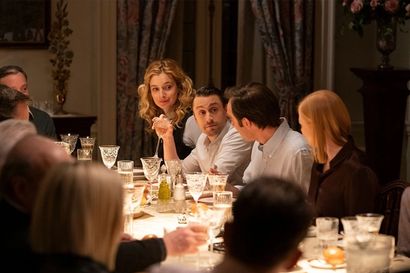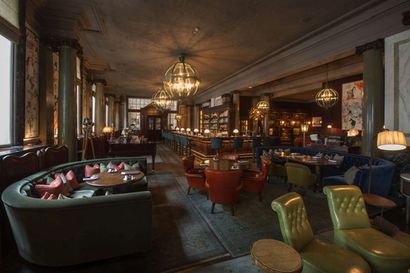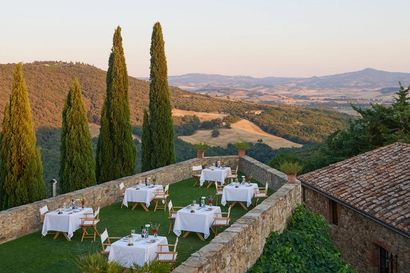A champagne composition: Inside The House of Krug’s sensorial Music Pairings
Drinking the finest champagne should be a sensory experience rife with pleasure. Well, Krug's Music Pairings offer just that; and more...
It may be a simple, four-letter word; but ‘Krug’ fizzes with sparkling, exciting connotations and associations. It’s a different, distinctive brand. The heritage champagne house is known across the globe for being simultaneously synonymous with luxury and the very finest champagne; but it’s also known for being steeped in history, rife with sensorial pleasure and united — irrevocably, eternally tied — with music.
Krug is placing sensory, evocative, pleasurable experiences to the fore, through uniting champagne and music in the way that only Krug can; and this year, this uniquely evocative experience has been bottled up in the 169th edition of the brand’s flagship Grand Cuvée. The brand is marrying ear and palette in a triumphant sensory experience; uniting taste and sound in a seamless partnership between two of our most primary senses. The result? An experience with an emphasis on sublime pleasure — the sort of pleasure that can only be summoned through merging a delectable champagne with a soaring, emotional piece of music (a sensation that’s all the more precedent now, given the lack of sensory stimulation we’ve all experienced throughout multiple lockdowns).
"A marriage of incredible depth..."
After all, how often have you listened to a piece of music that has melodiously moved you beyond words? How many times has a particular song or movement tapped into the very core of your being; stirring feelings you can’t give a name to and eliciting rarely-encountered emotions?
It’s a sensation that language can’t yet capture; but it’s a sensation Krug has succeeding in capturing — and bottling — in its Music Pairings. The experience introduces music to the mouth-watering taste of its evocative, singular Champagne. With an aroma that sweeps you away to the vineyards of France, and an eruption of fizz that feels like someone switching on a string of lights within us, it’s a marriage of incredible depth and exceptional harmony.
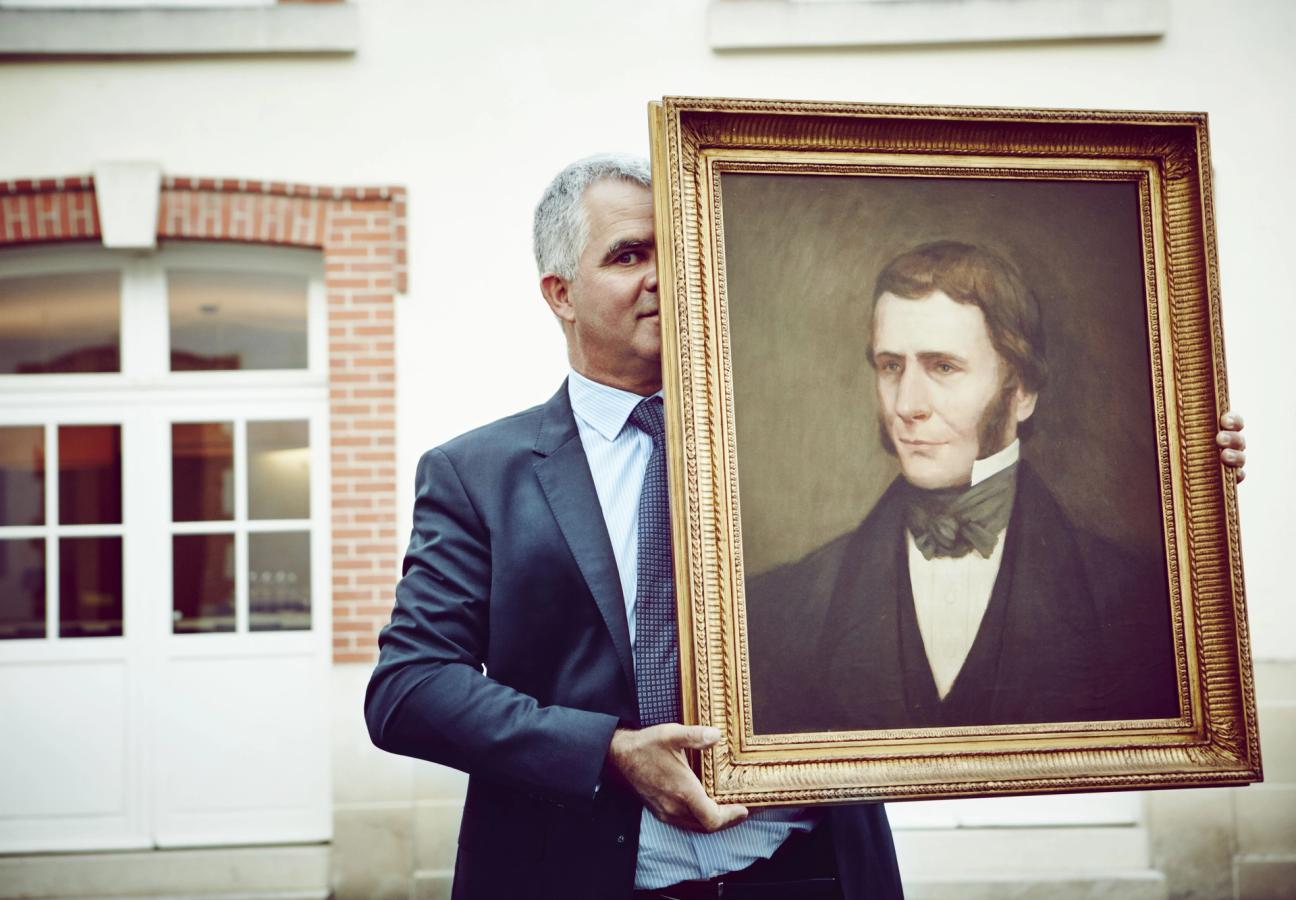
Olivier Krug
“Music has always been strongly present in my family,” says Olivier Krug: the sixth generation of the Krug family, and Director of the House. “At the beginning of the 20th century, my great grandfather had a Salle Domestique: a room which was entirely dedicated to his friends or family members who were playing an instrument. Since that room is next to the cellar, I believe that the good people were deserving of a good glass of champagne at the end of the recital — or even before, who knows? We’ve always been very used to music.”
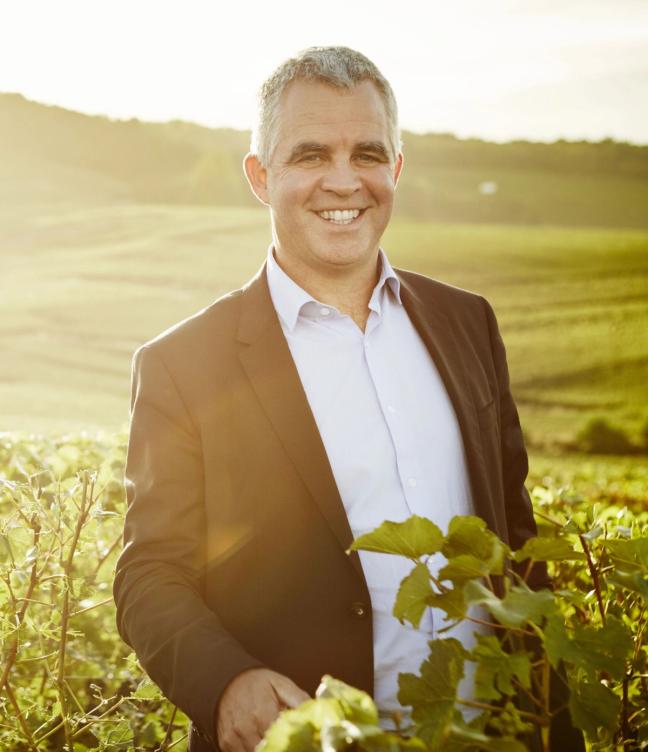
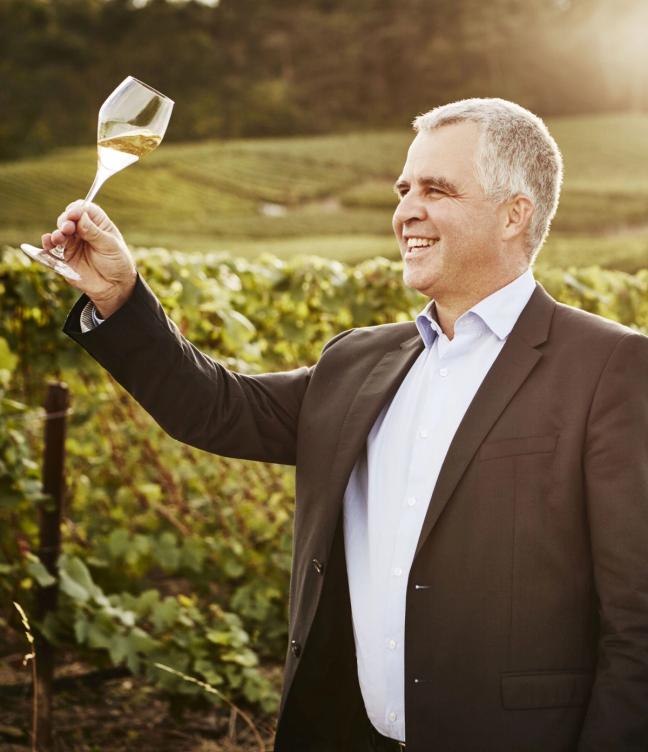
The house has always been used to music, certainly; and that’s thanks to a precedent for full, expressive champagne set by Joseph Krug in the 1800s (you may well know this story off by heart; in which case, pour yourself a glass of Grand Cuvée and immerse yourself in a tale as old as time). He was working with a large and renowned champagne House which believed in producing excellent champagne; but only in excellent years. This philosophy didn’t sit too well with Krug; he felt certain that, if a champagne house could work a little harder and dig a little deeper, they could find a way to make delectable champagne every year. Given that he was in Champagne at the time, which boasts 34,000 hectares comprising 278,000 parcels (in other words, 278,000 ways to create a wine), this wasn’t a phenomenally huge ask.
"The fullest, most generous expression of champagne..."
The House in question turned down this theory, though; so in 1843 Krug founded — you’ve guessed it — the House of Krug. His founding dream was to create the fullest, most generous expression of champagne every single year: regardless of climactic variation. And that’s exactly what Krug’s Grand Cuvée is. It’s Krug’s signature champagne — and it’s made from scratch every single year, with no recipe.
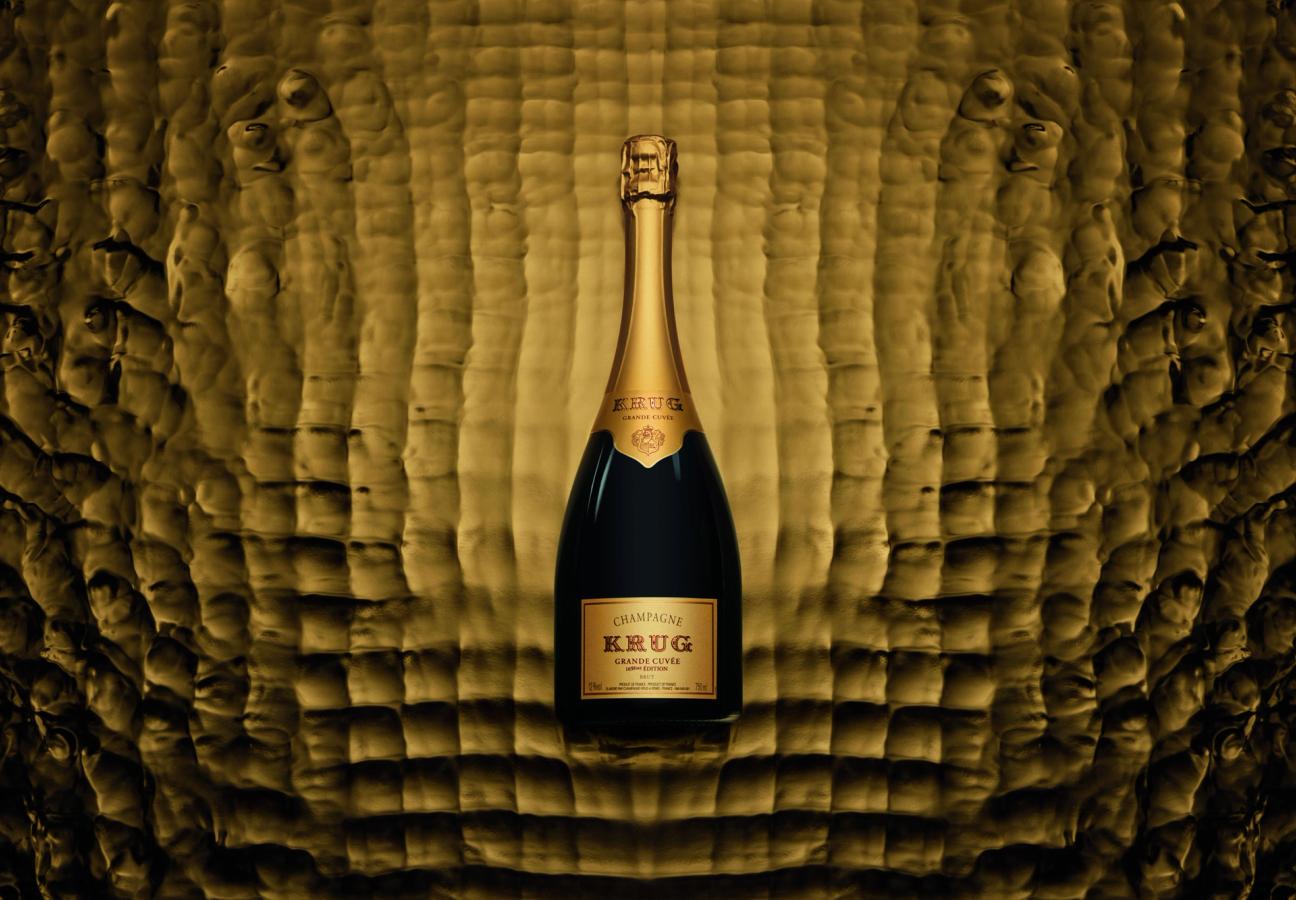
So where does the music come in? Well, Olivier Krug recalls his father telling him that his role is similar to that of a conductor. When Oliver asked him why, he replied: “My mission, every year, is to recreate a music that was invented by Joseph Krug, your great great-great grandfather, in the 1840s. He wanted to create a type of champagne — and a type of music — that did not [yet] exist. A champagne that would not rely on waiting for a good generation of musicians, but [that] would offer the fullest music of champagne every single year.”
The music helps give a language to champagne that anyone — champagne experts and non-experts alike — can be fluent in, without even trying; and that’s exactly what Krug does. It opens up champagne — and champagne literacy. Music is the number one global language, after all.
“It’s talking about the way we describe our wines in the same way we describe musicians,” explains Champagne Ambassador Ethan Boroian. “Many people may not understand the vernacular used in wine — intensity, brightness, freshness — but if you talk about any kind of music, it’s much easier to understand. So it’s about using those analogies to communicate the real uniqueness of Krug, and what we’re trying to accomplish; of bringing all those musicians together to create something harmonious.”
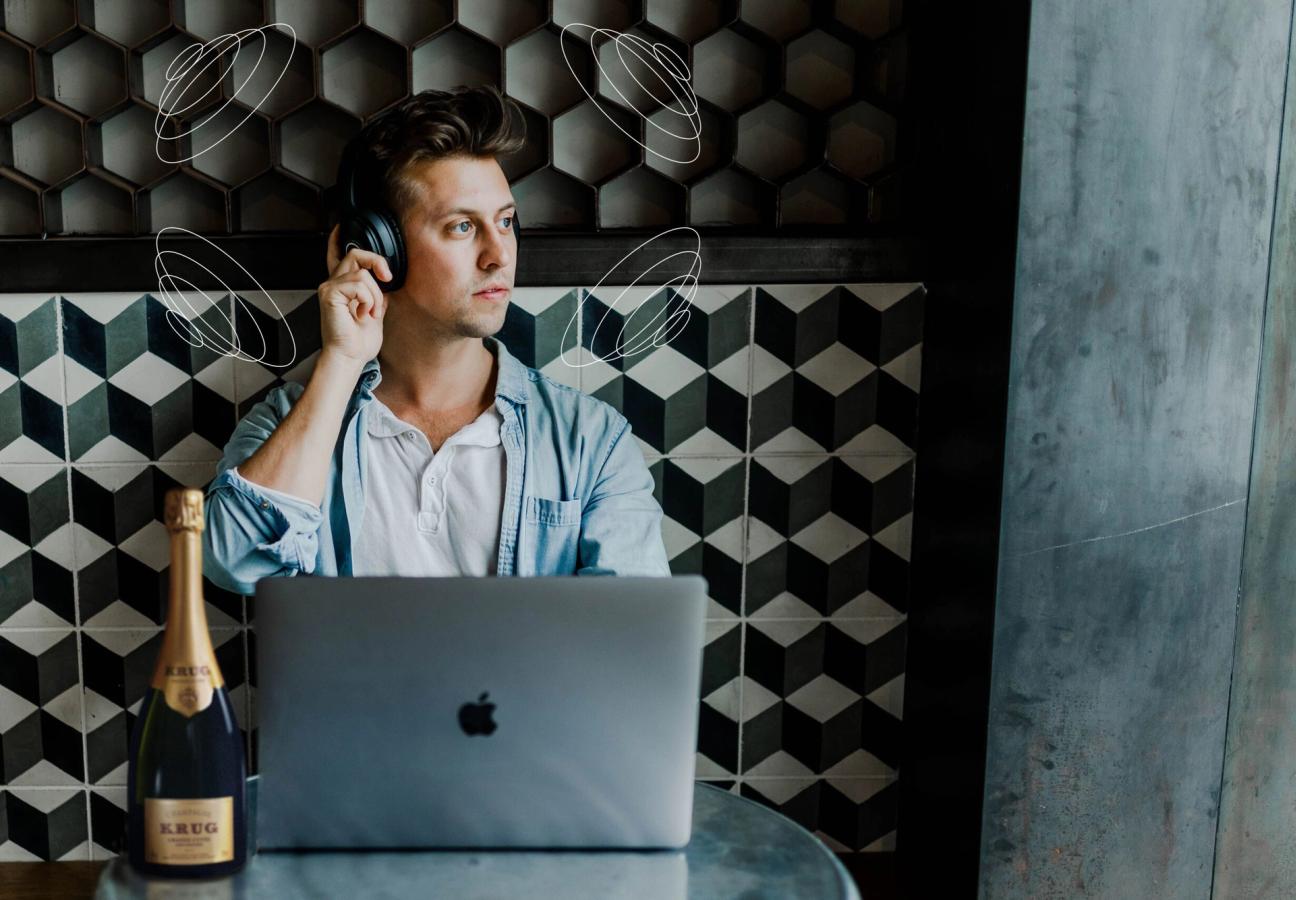
Krug Encounters
How it works is simple; Krug invites a team of musicians to the House, to taste the champagne and be given a ‘brief’, of sorts, on the various wines that have gone into making this particular champagne — and the musicians compose a “musical translation” of the bottle. Essentially, the brand is inviting a vast array of individual musicians — each year, the Cellar Master auditions 400 in total — to create the fullest expression of that specific champagne, taking into account each of the wines that’s gone into it.
That doesn’t mean the best musicians, necessarily; it doesn’t mean the loudest, or the most intense. Instead, Krug focuses on finding a harmony of instrumentalists. Not just three or four, either; to truly give a voice to Krug champagne, a vast multitude of different sounds, intensities and freshnesses is required.
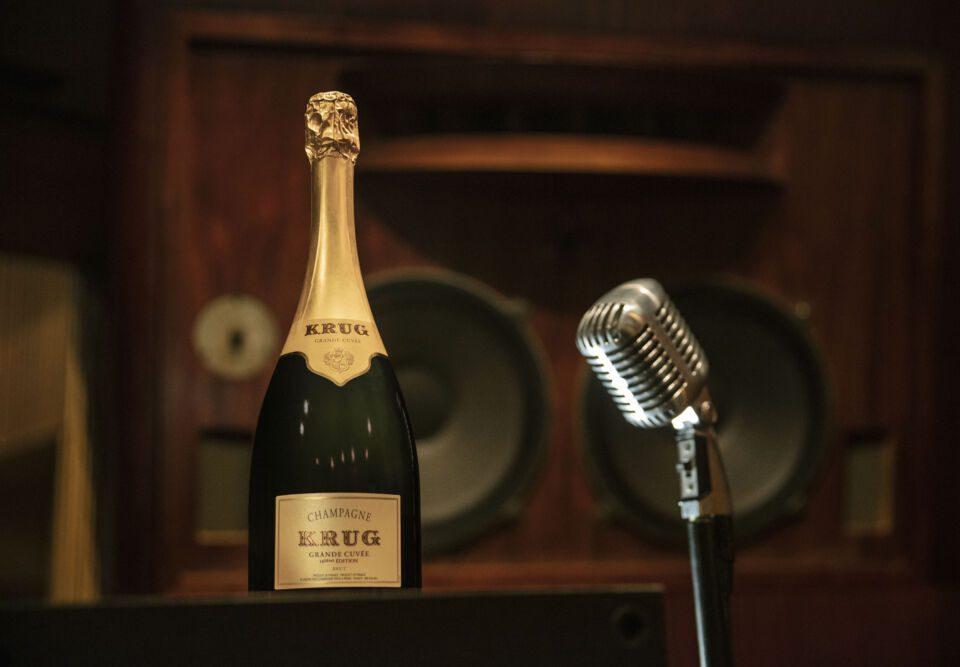
The champagne and music pairing is an experience based on science — specifically, scientific collaborations between Krug and food scientist Charles Spence, of The Fat Duck fame — and Boroian describes a “lightbulb scientific moment”, when Krug realised that what you hear is intrinsically linked with what you’re tasting at that exact moment. “If you hear really harsh violins, you’ll pick up more on the chardonnay,” he points out. “If you hear more of the bass or the cello, you’ll pick up more on the Pinot Noir.”
But ultimately, the experience is about pleasure. “This is a very emotional thing,” Boroian insists. “When you drink a glass of champagne, you may not be thinking about the Pinot Noir content or the chardonnay; in the same way that when you listen to a great piece of music, you might not be breaking it down in your head and thinking, ‘Right, ok, G came after C’ — your brain won’t do that. It’ll hit you emotionally in a very different way.”
"146 wines from 11 different years..."
And Gentleman’s Journal can wholeheartedly attest to the primary experience of pleasure that comes from sipping a glass of the Grand Cuvée 169th Edition, while listening to a soaring piece of orchestral music composed for that specific blend. This bottle comprises 146 different wines from 11 different years — the youngest wine being from 2013, and the oldest from 2000 — and the musical accompaniment, composed by Ozark Henry (a musician with a long standing working relationship with the House) appears to viscerally bubble over with individual musicians and instruments, all doing their part to reflect and convey each of those 146 wines.
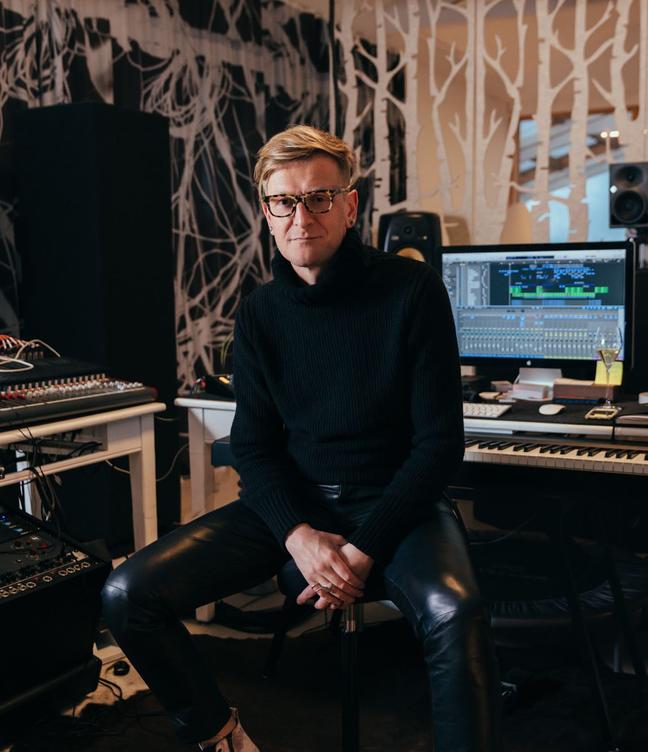
Ozark Henry
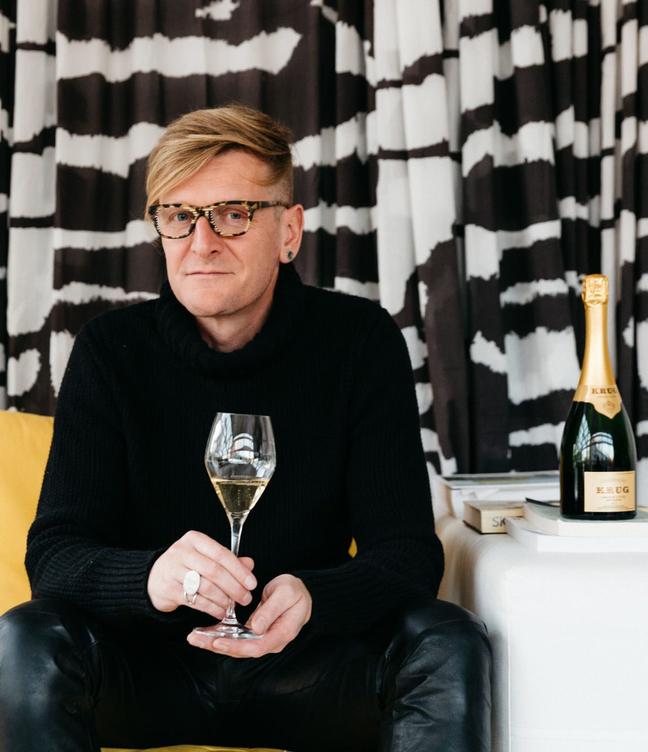
When the music starts, it soars. Triumphantly melodious notes burst over busily working violins — violins that later come into their own, providing an ongoing accompaniment to the more climactic, nigh-on epic bursts of sound and seamlessly conveying the toasty, almost savoury aromas that appear on the nose: aromantic notes that have an almost mushroom-like effect that’s typical to Krug.
Due to the acidity, the champagne is sharp and refreshing upon a first taste, with zesty freshness and a vibrant intensity: all of which is reflected in the shimmering swathes of sound from brass and wind instruments (together with the sparkling percussion that could fairly be described as audible bubbles), which get bolder and bolder as the piece progresses.
The music erupts into a firework at the end: the music reaches a triumphant crescendo, and when the champagne is swallowed it leaves a palette-clad memory of the transportive flavours, taut bubbles and sharp acidity. The ‘firework’ effect is an effect only achieved because music and champagne influence and impact each other in one seamless, melodious harmony.
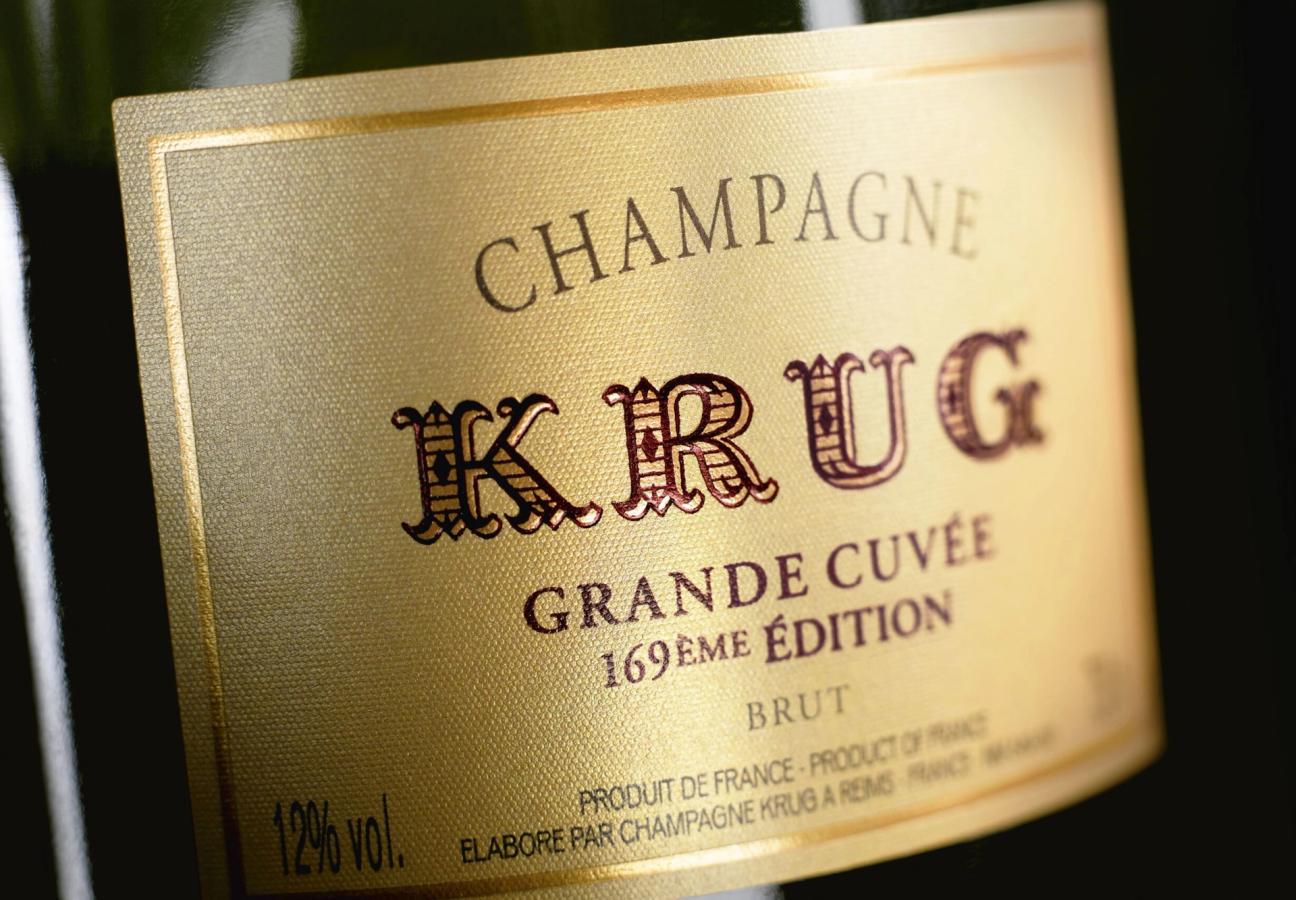
If Joseph Krug’s intention was to create ‘the fullest, most generous expression of champagne every single year’, then it can safely be said that Olivier Krug and his team have done Krug’s founding father proud. Music is a language that transcends all other forms of communication; it taps into parts of ourselves that we can’t access through the medium of words or speech. When music is played along with a glass of Krug’s 169th Edition Grand Cuvée — and not just any music, but music composed and performed with that specific bottle in mind — the sensory experience surpasses pleasure, equipping the drinker instead with a fluency in a language they never knew they’d be able to speak; a language based on immersion, feeling and emotion.
Rest easy, Joseph Krug. Your legacy lives on — and we have a feeling it would surpass even your wildest expectations.
For the ultimate immersive experience, your clothes should match the quality of the champagne. So with that in mind, here’s how to dress like JFK…
Become a Gentleman’s Journal member. Find out more here.

Become a Gentleman’s Journal Member?
Like the Gentleman’s Journal? Why not join the Clubhouse, a special kind of private club where members receive offers and experiences from hand-picked, premium brands. You will also receive invites to exclusive events, the quarterly print magazine delivered directly to your door and your own membership card.

